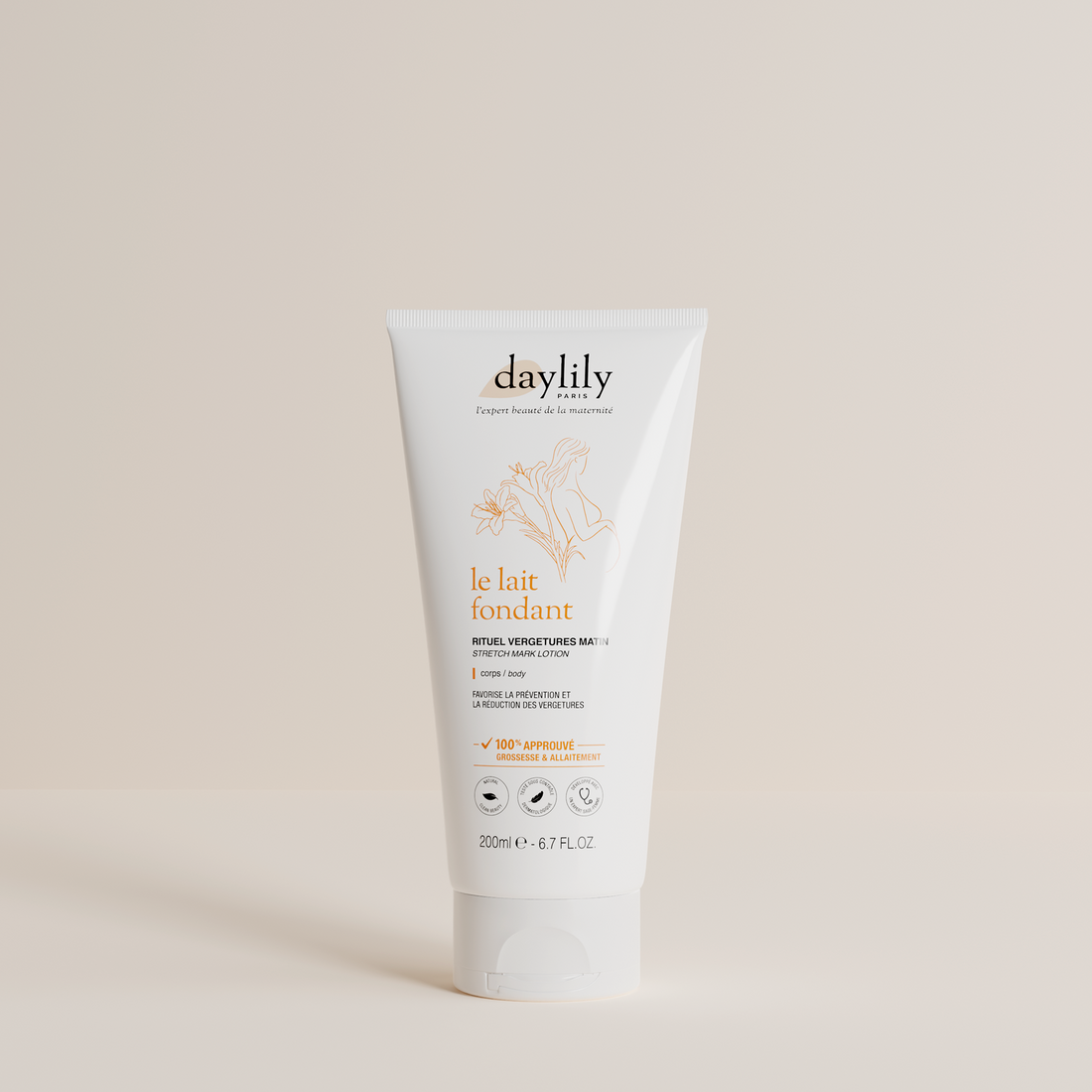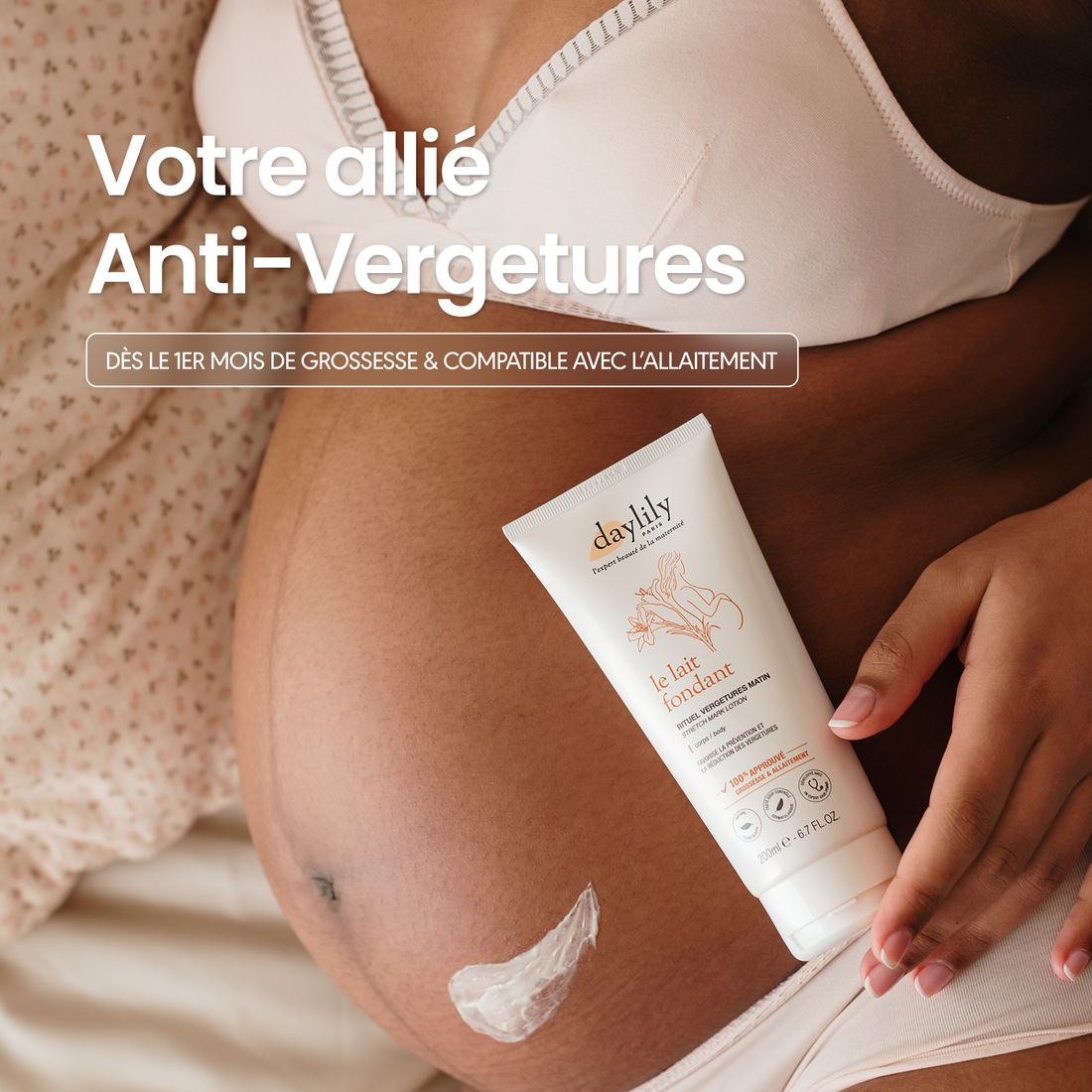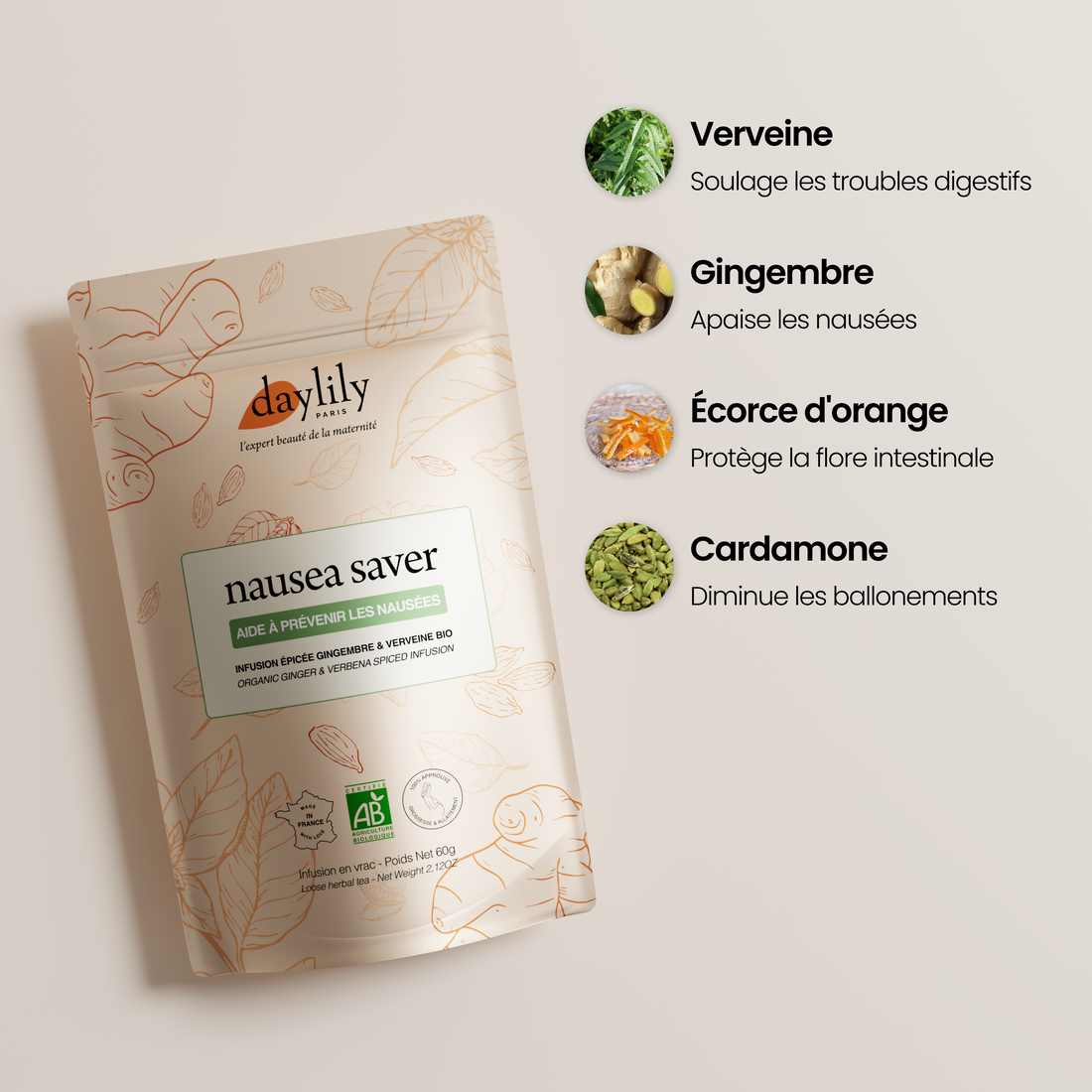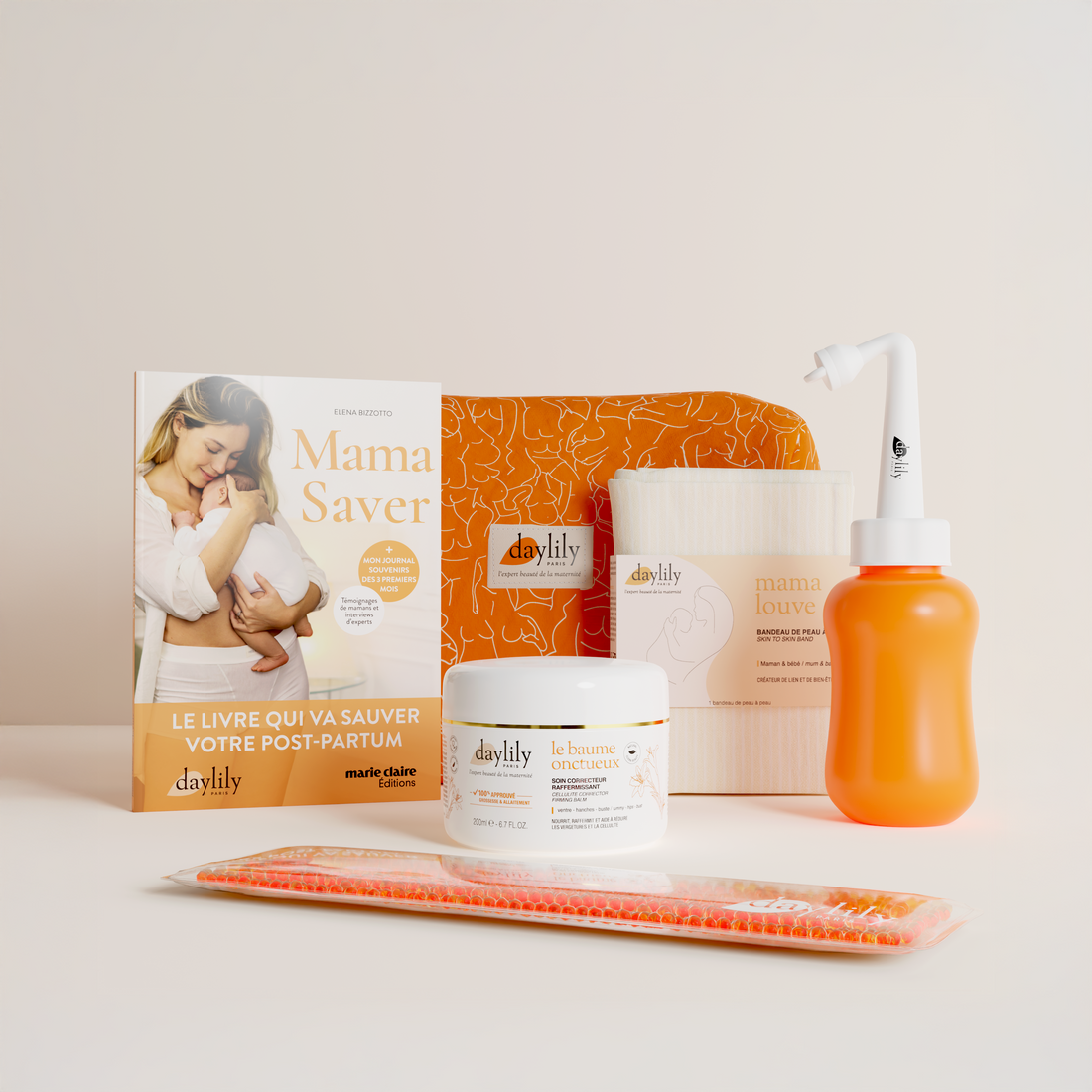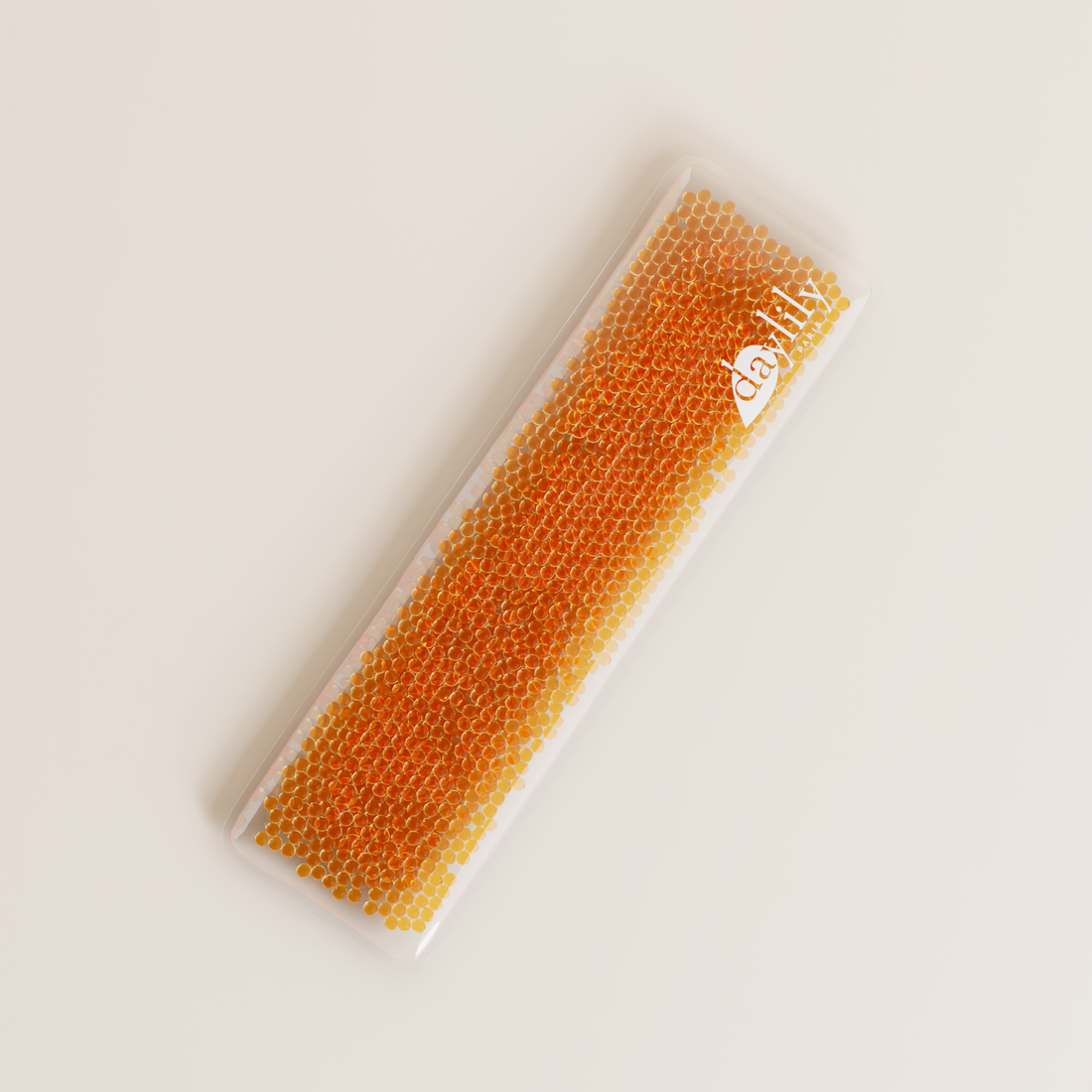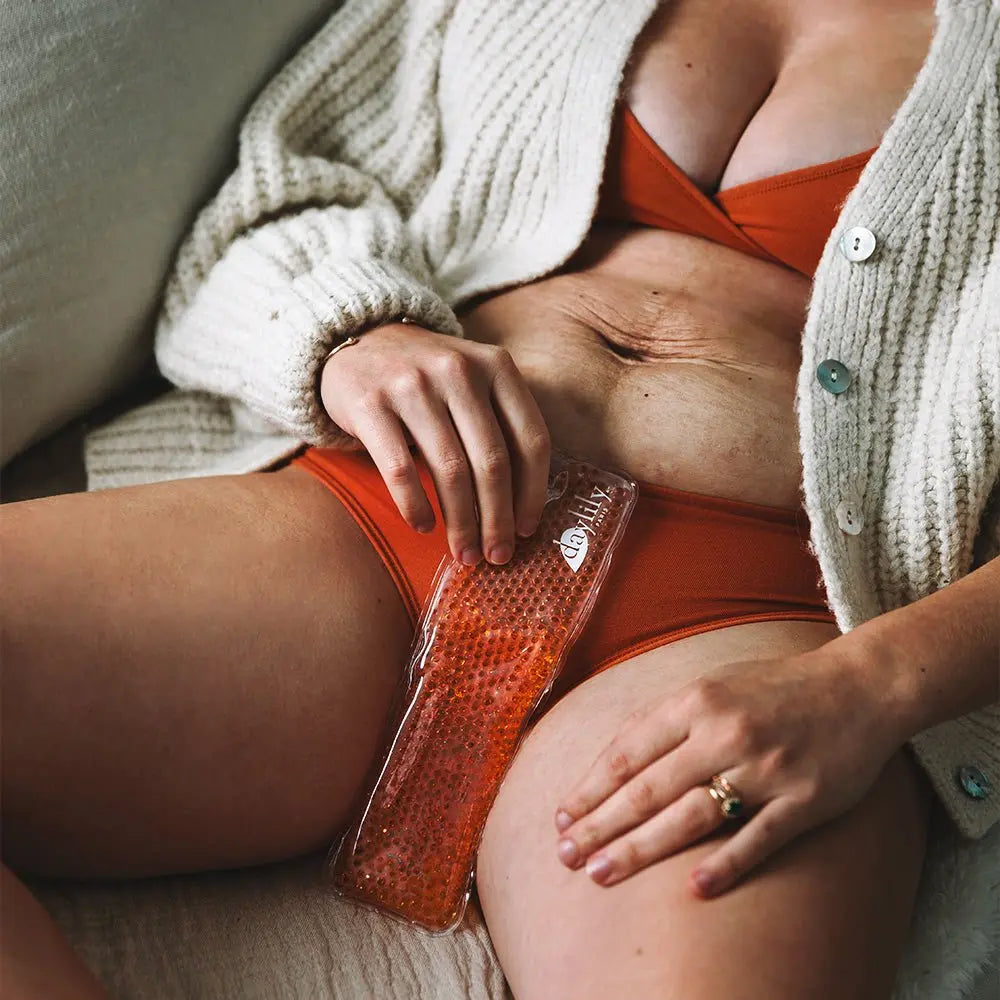- “Beyond the attention paid to the skin, a social organ par excellence and a true echo of Skin, I immediately liked the way Audrey spoke to us about the 'after' for these young mothers.
- 'Baby blues', 'cancer blues', even if the analogy seems outrageous, it is ultimately the blues that plays the link.
- … And after ?
- 'Cancer blues': same fight?
“Beyond the attention paid to the skin, a social organ par excellence and a true echo of Skin, I immediately liked the way Audrey spoke to us about the 'after' for these young mothers.
During their pregnancy, in symbiosis with the child growing inside them, women are the object of every attention. Once they have given birth, it is towards the child that all eyes are turned. They can then feel relegated to the background.
'Baby blues', 'cancer blues', even if the analogy seems outrageous, it is ultimately the blues that plays the link.
Women generally feel valuable and important during pregnancy. Custodians of a treasure of which they are the kingdom, cajoled by those around them, monitored like milk on the fire by the medical profession, boosted by the influx of hormones and the prospect of the little being to be born, they evolve for nine months lasting in a cocoon of sweetness and joy.
In a much less enviable situation, the person suffering from cancer finds themselves, during their care journey, at the center of a system which brings together caregivers, family and the friendly network. She suffers of course, but in her fight for life, she remains 'the object of all care', guided by a medical staff attentive to saving her skin and by relatives who are generally 'very caring'. It then becomes part of the action, the fight for life.
Moreover, after the shock of the diagnosis, in complete astonishment, she does not yet have the necessary perspective to analyze what she is going through. She mobilizes her strength to face this wave which is overwhelming her, to go through the different stages of the treatment process - surgery, chemotherapy, radiotherapy and, for many, hormone therapy.
… And after ?
Afterwards, it's another story, obviously.
Nearly 2/3 of new mothers experience 'baby blues', generally just a few days after birth. If the symptoms vary from one woman to another, 'postpartum depression' combines the effects of fatigue, hormonal drop and this sudden split: The young mother and the child are no longer one but two . Two very distinct beings. Faced with this newborn, the mother feels helpless. Busy for nine months preparing for this birth, she was the subject of all the attention. Suddenly the child monopolizes the light and the young mother feels transparent. Her body has changed, her stomach is empty, she feels useless and struggles to get back on her feet. It’s a real psychological upheaval. Not to mention that these women must mourn those they were before.
'Cancer blues': same fight?
The same hormonal, emotional and existential storm awaits us after the course of care and treatments against cancer. The traumatic impact of cancer arouses emotions as vivid as they are contradictory after the medical marathon, the omnipresence of caregivers and those around them.
Closely monitored and busy fighting for many months to survive, patients find themselves deprived of purpose and attention from one day to the next – those around them, first and foremost, remain convinced that the worst is over, that everything is as before. , so he no longer has to worry about her. With the exception of the usual check-ups, the diary is empty of appointments and the light, focused on them for so long, goes out.
This collapse, perfectly normal as it is part of the mourning process, is accompanied by strong guilt. These physically healed women who are said to be “in remission” do not experience the relief and joy they expected. On the contrary, gradually realizing the ordeal they have just gone through, they feel overwhelmed by emotions, begin to brood, and end up isolating themselves for fear of being misunderstood by the rest of the world. This slump sometimes borders on depression and hormone therapy accentuates the reactions. Their body has definitely changed. They must mourn their status 'before the illness' to that 'after the illness'.
Finally, let us observe that, from both sides, for the young woman who has given birth or the woman in remission, the injunctions are raining down. We will know better than her whether it is appropriate to breastfeed her child and for how long, we will make her feel even more guilty if she refuses, if she positions her child incorrectly for feeding, or if she lacks milk. ; we will expect her to return to work quickly after cancer "since everything is as before", we will even tell her "You know, today breast cancer is like a bad cold, it's a small cancer that is easily treated! ". And the world will continue to be a world, will continue its crazy course, will forget compassion in the process and will point out the vulnerability, nay, the weakness, of its heroines.
SO…
Collusion with life, collusion with death, these two 'extreme' experiences ultimately plunge us into the same abyss. And to return to the normal course of one's existence after a tornado of such intensity, to get back on one's feet, to reinvent oneself, to recover one's integrity, even one's femininity, all this requires infinite patience, understanding, a lot of kindness and a real support.
Taking care of these women, whatever the stage of their lives, is what brings Daylily Paris and Skin together. To finally be (re)born to oneself after the ordeal.”
Photo credit: Jenny Bardelaye



